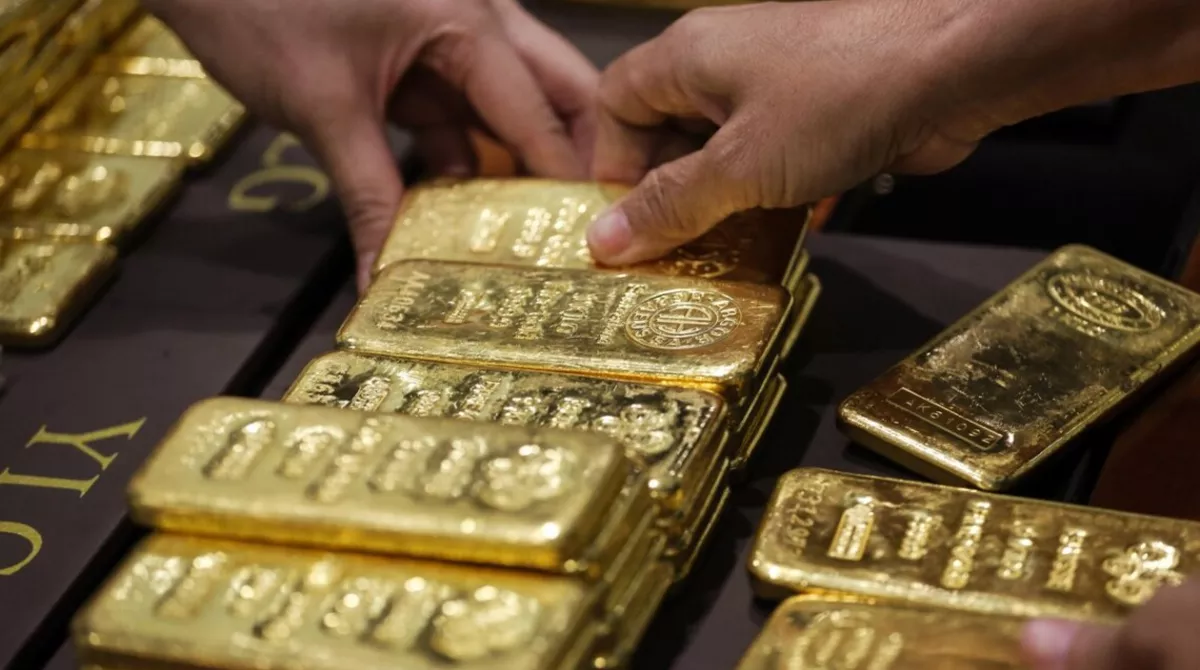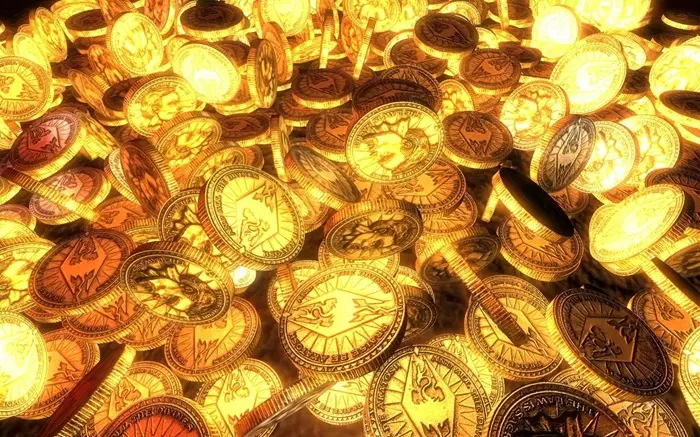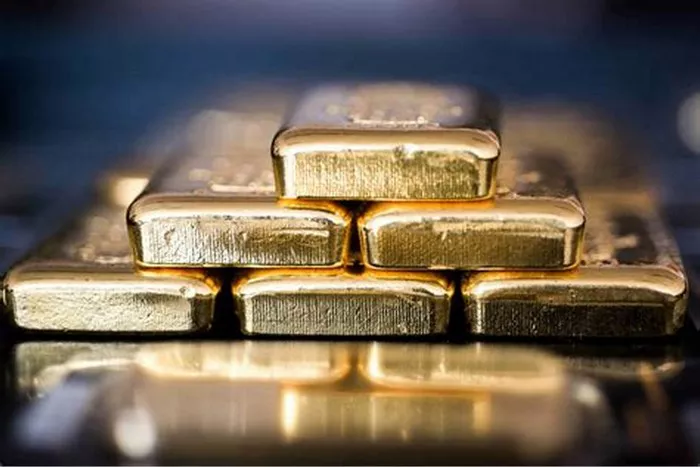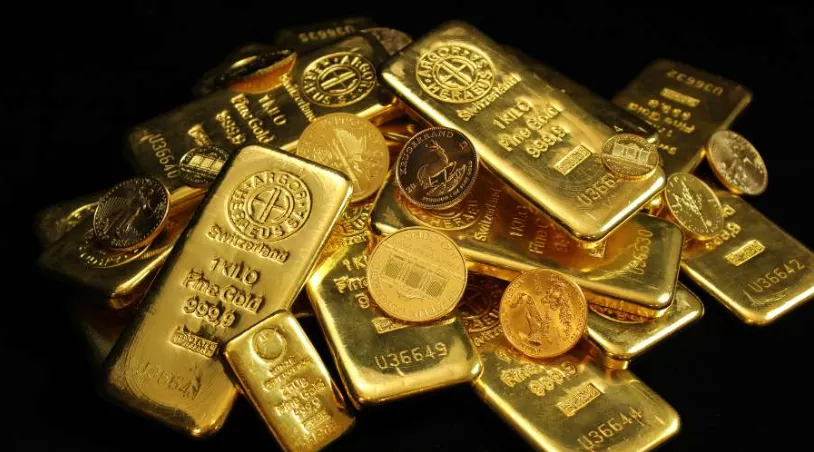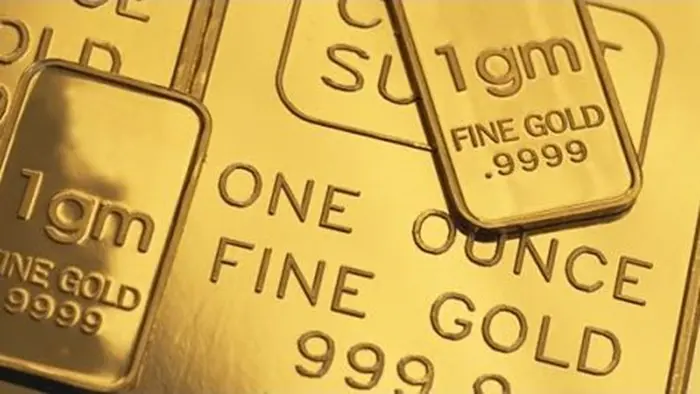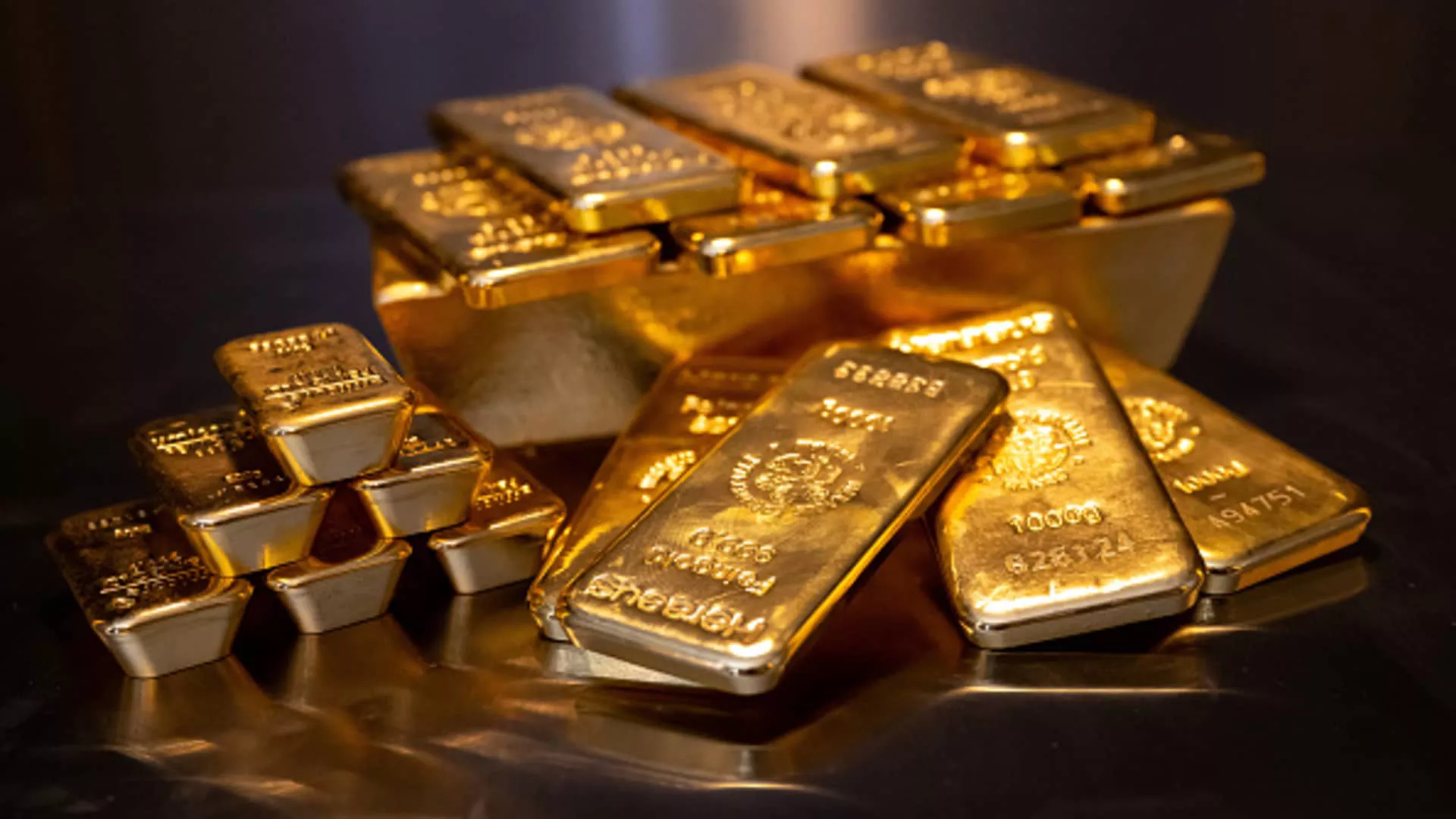Bitcoin Gold (BTG) is a decentralized cryptocurrency that emerged as a hard fork from Bitcoin (BTC) in October 2017. This article will explore what Bitcoin Gold is, its features, how it differs from Bitcoin, and its significance in the cryptocurrency landscape.
Introduction to Bitcoin
Before delving into Bitcoin Gold, it is essential to understand its predecessor, Bitcoin. Launched in 2009 by an anonymous entity known as Satoshi Nakamoto, Bitcoin was created as a digital currency to facilitate peer-to-peer transactions without the need for intermediaries like banks.
Key Features of Bitcoin
Decentralization: Bitcoin operates on a decentralized network of computers (nodes) that validate and record transactions on a public ledger called the blockchain.
Limited Supply: The total supply of Bitcoin is capped at 21 million coins, making it a deflationary asset.
Mining: Bitcoin is mined using a proof-of-work consensus mechanism, requiring significant computational power and energy.
Security: Bitcoin transactions are secured through cryptographic algorithms, ensuring the integrity and security of the network.
What is Bitcoin Gold?
Bitcoin Gold was created to address some perceived limitations of Bitcoin. Its primary objective is to make cryptocurrency mining accessible to a broader audience, promoting decentralization and reducing the concentration of mining power in the hands of a few entities.
The Hard Fork
A hard fork occurs when there is a significant change in the protocol of a cryptocurrency, leading to the creation of a new coin that operates on a separate blockchain. In the case of Bitcoin Gold, the fork was initiated due to concerns over the centralization of Bitcoin mining.
Launch and Development
Bitcoin Gold was officially launched on October 24, 2017, by a team of developers led by Jack Liao. The launch was designed to allow existing Bitcoin holders to receive Bitcoin Gold coins in a one-to-one ratio.
Key Characteristics of Bitcoin Gold
Equihash Algorithm: Unlike Bitcoin, which uses the SHA-256 algorithm for mining, Bitcoin Gold uses the Equihash algorithm. This algorithm is designed to be more memory-intensive, making it possible for miners to use consumer-grade hardware, such as graphics processing units (GPUs).
Increased Accessibility: By allowing mining with GPUs, Bitcoin Gold aims to democratize the mining process and reduce the dominance of large mining pools.
Independent Blockchain: Bitcoin Gold operates on its own blockchain, separate from Bitcoin, and follows its own set of rules and regulations.
How Bitcoin Gold Differs from Bitcoin
While Bitcoin Gold shares many similarities with Bitcoin, there are significant differences that set the two cryptocurrencies apart.
1. Mining Algorithm
Bitcoin: Uses the SHA-256 algorithm, requiring specialized hardware (ASICs) for mining.
Bitcoin Gold: Utilizes the Equihash algorithm, allowing miners to use standard consumer hardware (GPUs).
2. Supply and Distribution
Bitcoin: Has a fixed supply of 21 million coins, with a predetermined schedule for new coin issuance.
Bitcoin Gold: Also has a maximum supply of 21 million coins, but its distribution mechanism differs due to the hard fork.
3. Focus on Decentralization
Bitcoin: Has faced criticism for the centralization of mining power among a few large mining pools.
Bitcoin Gold: Aims to promote decentralization by enabling more individuals to participate in mining.
See Also: What is Sterling Gold?
The Role of Bitcoin Gold in the Cryptocurrency Market
Bitcoin Gold has carved out a niche within the cryptocurrency market, serving several purposes for users and investors.
1. Investment Opportunity
Bitcoin Gold provides an alternative investment option for those looking to diversify their cryptocurrency portfolio. As a fork of Bitcoin, it has a level of recognition and credibility within the market.
2. Mining Participation
Bitcoin Gold encourages individual miners to participate in the mining process, potentially increasing the number of miners and contributing to a more decentralized network.
3. Experimentation and Development
As an independent cryptocurrency, Bitcoin Gold allows developers to experiment with new features and improvements without the constraints of the Bitcoin network. This flexibility can lead to innovations that may eventually benefit the broader cryptocurrency ecosystem.
Wallets and Exchanges Supporting Bitcoin Gold
For users looking to buy, sell, or store Bitcoin Gold, various wallets and exchanges are available.
1. Wallet Options
Hardware Wallets: Devices like Ledger and Trezor support Bitcoin Gold, providing secure storage for users.
Software Wallets: Various software wallets, such as Exodus and Atomic Wallet, also support Bitcoin Gold.
2. Exchanges
Bitcoin Gold is available on several cryptocurrency exchanges, including:
- Binance
- Bittrex
- Kraken
- Huobi
These exchanges allow users to trade Bitcoin Gold against other cryptocurrencies and fiat currencies.
Challenges Facing Bitcoin Gold
Despite its promising features, Bitcoin Gold faces several challenges in the competitive cryptocurrency market.
1. Market Competition
Bitcoin Gold competes with numerous other cryptocurrencies, including Bitcoin, Ethereum, and newer projects. This competition can make it challenging for Bitcoin Gold to gain widespread adoption.
2. Price Volatility
Like many cryptocurrencies, Bitcoin Gold is subject to significant price fluctuations. This volatility can deter potential investors and users from adopting the cryptocurrency.
3. Regulatory Concerns
As the cryptocurrency market matures, regulatory scrutiny increases. Bitcoin Gold may face challenges related to compliance with regulations in various jurisdictions.
The Future of Bitcoin Gold
The future of Bitcoin Gold is uncertain, influenced by various factors in the cryptocurrency landscape.
1. Community Support
The strength of the Bitcoin Gold community will play a crucial role in its development and adoption. Ongoing support from developers, miners, and users can drive innovation and improve the network.
2. Technological Advancements
Continuous improvements to the Bitcoin Gold network, such as scaling solutions and enhanced security features, can attract more users and investors.
3. Market Dynamics
The overall state of the cryptocurrency market will significantly impact Bitcoin Gold’s performance. Factors such as market sentiment, economic conditions, and regulatory developments will shape its future.
Conclusion
Bitcoin Gold represents an important development in the cryptocurrency space, aiming to address centralization issues associated with Bitcoin mining. Its unique features, such as the Equihash algorithm and focus on decentralization, provide opportunities for miners and investors alike. However, challenges such as market competition, price volatility, and regulatory scrutiny remain.
As the cryptocurrency market continues to evolve, Bitcoin Gold’s success will depend on community support, technological advancements, and its ability to adapt to changing market conditions. Understanding Bitcoin Gold and its role in the broader cryptocurrency ecosystem is essential for anyone interested in the future of digital currencies.
Key Takeaways
- Bitcoin Gold (BTG) is a hard fork of Bitcoin (BTC), launched in October 2017.
- It uses the Equihash algorithm, allowing mining with consumer-grade hardware.
- Bitcoin Gold aims to promote decentralization and accessibility in cryptocurrency mining.
- The cryptocurrency competes with numerous other digital assets and faces challenges such as market volatility and regulatory concerns.
- The future of Bitcoin Gold will depend on community support, technological developments, and overall market dynamics.
This article provides a comprehensive overview of Bitcoin Gold, helping readers understand its significance, features, and future prospects in the cryptocurrency landscape.
Related topics:

